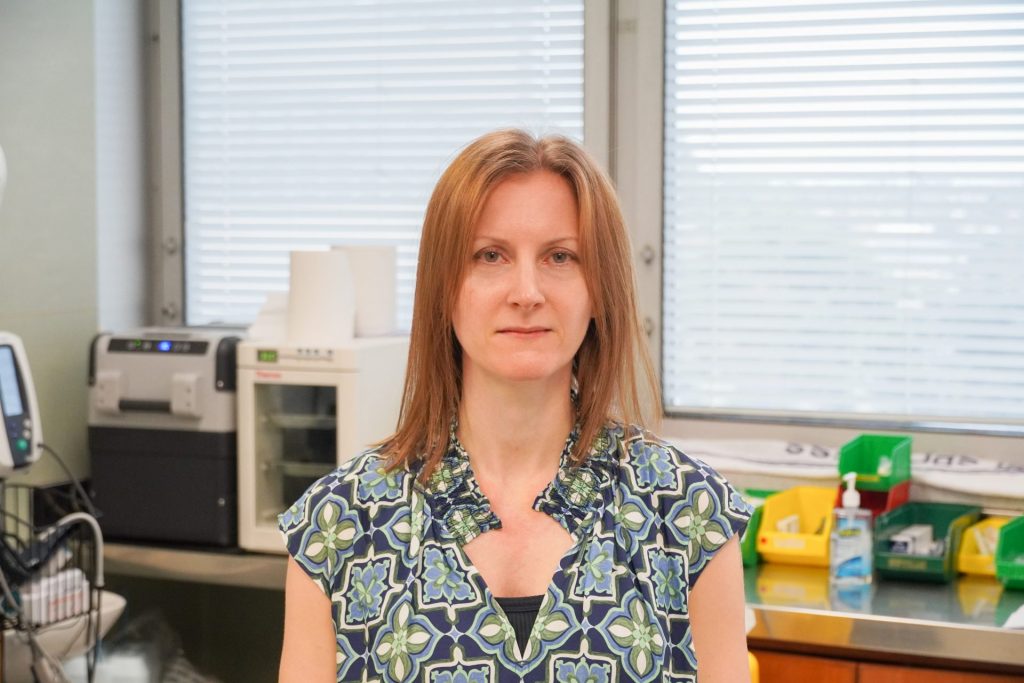Clinical trial participant, Zita, is full of praise for the care she has received while potentially gaining access to next generation treatments for inflammatory bowel disease.
A life-long condition
Zita was diagnosed with Crohn’s Disease in 2021, a chronic inflammatory bowel disease (IBD) that usually requires long-term treatment.
Initial mild forms of treatment failed to resolve her escalating symptoms.
“I was very scared of the other types of medications, the next line up from what I was on. I didn’t want to take any of that due to the side effects and knowing that they don’t work for a lot of people,” she said.
“So, I was very happy to participate in a trial [of a new treatment].”
A potential game-changer
Zita enrolled in the GALAXI trial, which aims to test the effectiveness of a new drug, called Guselkumab, to treat Crohn’s disease.
Guselkumab is a biologic: a class of lab-grown antibody drugs consisting of proteins that target and kill foreign objects in the body, or in this case, correct the behaviour of other cells.
Guselkumab blocks the action of proteins within the immune system which, when in excess, can cause too much inflammation, such as IBD.
Since commencing the trial, Zita has received monthly infusions and injections at The Queen Elizabeth Hospital.
“Once I was ready to start the trial, my Crohn’s had become really severe, and I was quite ill. So, I was really excited to get in here for the first infusion,” said Zita.
“Exceptional” care
While accessing a new treatment was the primary reason why Zita decided to take part, , she has been thoroughly pleased with the additional support from clinical trial staff.
“It’s been brilliant. The care that I’ve had here is exceptional,” she said.
“The team has always made me feel like my wellbeing is more important than the trial. They have worked so well as a team with my doctor, the dietitian, and the IBD nurses.”
“Stress is a huge trigger, for my Crohn’s as well as for most people, and knowing that I had the trials team available has lifted a lot of stress from my shoulders.”
The GALAXI trial is a blind trial, which means neither her, nor the study clinicians administrators, know whether she is receiving Guselkumab, an existing alternative, or a placebo.
However, during the trial, Zita moved into remission, and is now symptom-free.
“I think it’s important for people to participate in clinical trials like this. Otherwise, we’re not going to get new improved drugs out there for people,” she said.
“I would definitely encourage people to not be scared to participate in clinical trials.”
Find out more about clinical trials here.
Read the research
Click here to read the first published results of the GALAXI trial.



